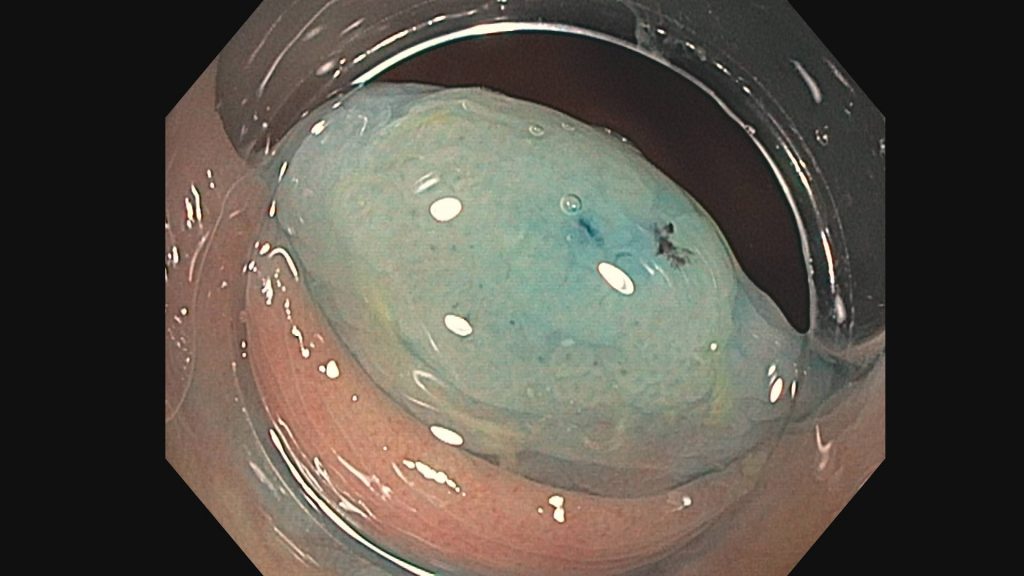-
Cancer
Bowel cancer: Mayo Clinic Healthcare expert describes role hard-to-see polyps play in cancer risk
LONDON — Physicians screening people for bowel cancer are becoming increasingly concerned about a type of polyp once thought harmless: serrated polyps, sawtooth-edged growths in the colon that are flat, nearly translucent, and sometimes difficult to spot during colonoscopies. New research suggests people with serrated polyps should be checked more frequently for bowel cancer, a Mayo Clinic Healthcare expert writes in a commentary in the journal Gut.


Bowel cancer, also known as colorectal cancer, begins at the end of the digestive tract, in the colon, and usually starts with small polyps that when benign cause no symptoms but gradually become cancerous. Colorectal cancer screening is aimed at detecting and removing polyps before they turn into cancer. There are different kinds of polyps, and until the relatively recent past, physicians were unconcerned about serrated polyps.
“Our view of serrated polyps has come a long way in the last two decades, moving from seeing them as benign lesions that do not develop into cancer, to recognising them as lesions that may account for up to one third of all colorectal cancers,” James East, M.D., a gastroenterologist at Mayo Clinic Healthcare in London, notes in the commentary.

Data to indicate whether people with serrated polyps need closer watching for colorectal cancer have been lacking, but a large new study by Dan Li, M.D., and colleagues at Kaiser Permanente published in Gut now suggests that people with serrated polyps alone or with another type of polyp called adenomas may need more frequent colonoscopies, Dr. East says.
Adenomas have long been viewed as precursors to cancer; the Kaiser Permanente study shows that serrated polyps increase cancer risk by about the same amount as adenomas, and that the presence of both types of polyps raises risk still further, Dr. East notes.
More research is needed to refine the estimation of cancer risk in people with serrated polyps alone or with adenomas and determine the best approach to screening for each patient, Dr. East says.

One possibility would be moving away from measuring risk according to the type of polyp and instead focus on such markers as the number of polyps in combination with other bowel cancer risk factors such as obesity, a high-fat diet, smoking, heavy alcohol use or inflammatory intestinal diseases such as Crohn’s disease and ulcerative colitis, he adds.
###
About Mayo Clinic Healthcare
Mayo Clinic Healthcare, located in London, is a wholly-owned subsidiary of Mayo Clinic, a not-for-profit academic medical center. Mayo Clinic in the United States is ranked No. 1 in more specialties than any other hospital by U.S. News & World Report for a reason: quality of care. Mayo Clinic Healthcare is the United Kingdom's front door to that unparalleled experience. Visit Mayo Clinic Healthcare for more information.
About Mayo Clinic
Mayo Clinic is a nonprofit organisation committed to innovation in clinical practice, education and research, and providing compassion, expertise and answers to everyone who needs healing. Visit the Mayo Clinic News Network for additional Mayo Clinic news.
Media contact:
- Sharon Theimer, Mayo Clinic Public Affairs, newsbureau@mayo.edu







